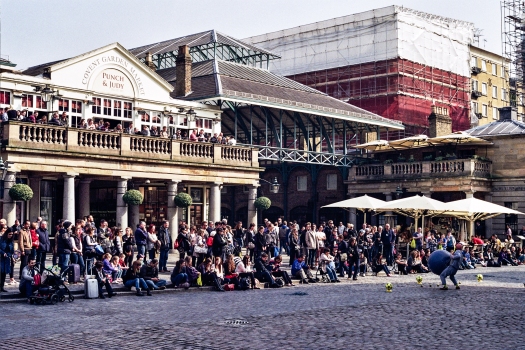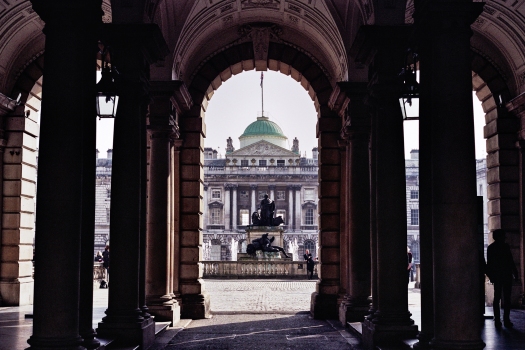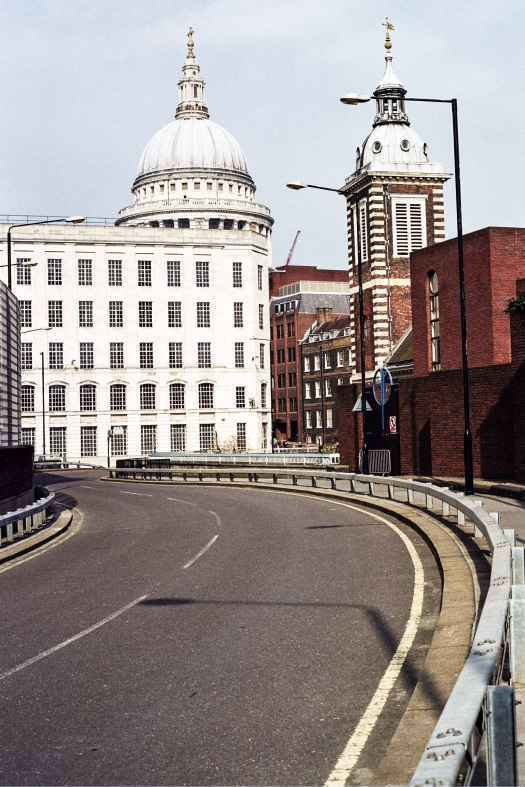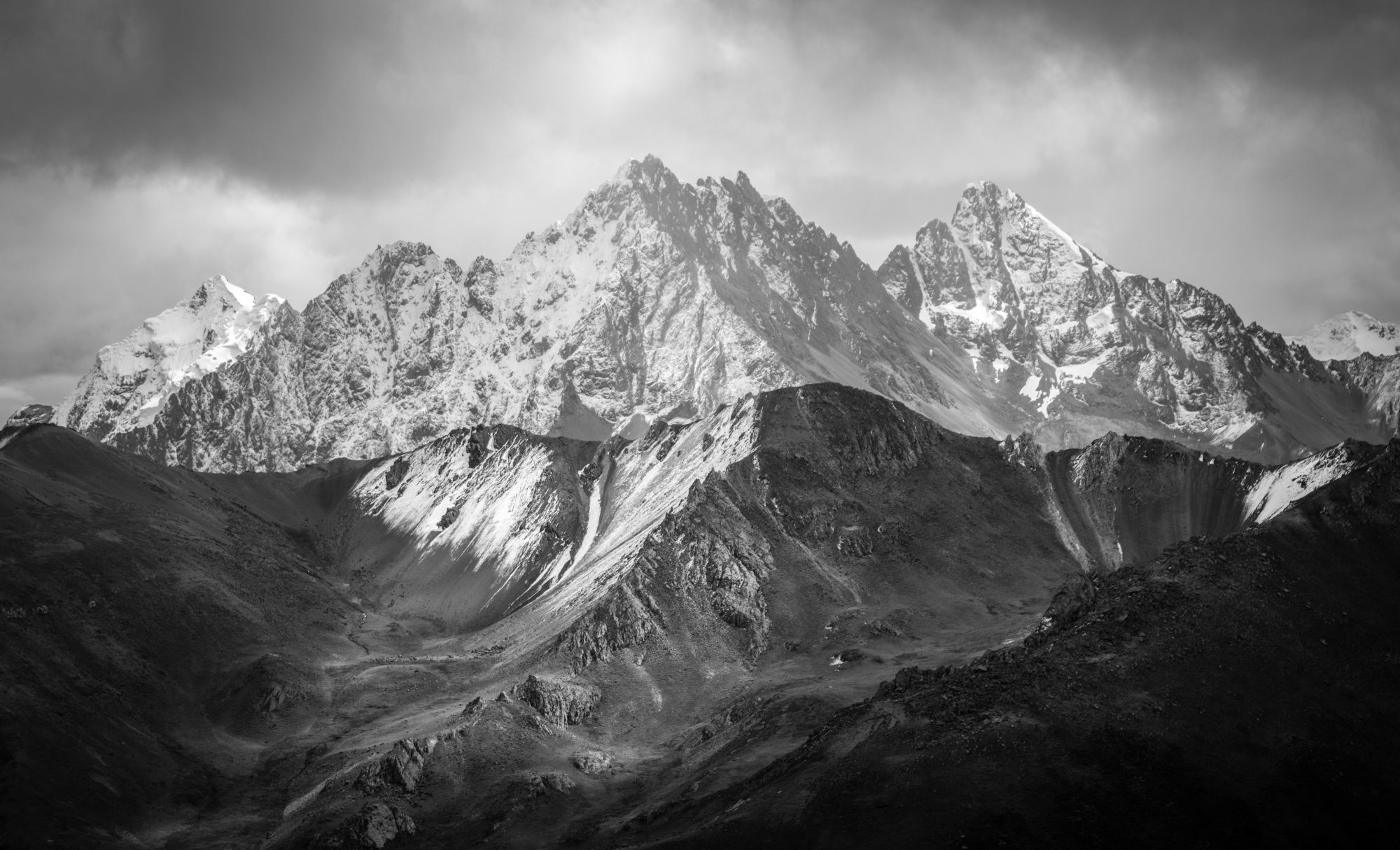“Ponce De Leon is a name that crops up across the map of America, a Conquistador who originally sailed with Colombus, you can still walk or sail in the footsteps of the Spaniard who went in search of the Fountain of Eternal Youth…” carry on reading on Enterprise Open Road.
Wild Camping – Enterprise Magazine
“There’s few better ways to get close to nature than spend a night in it. Camping out under the stars, far from civilisation with nothing but the bare essentials brings you as close as you’ll find…” to read on go to Enterprise Open Road
7 of the World’s Most Unique Bars – Enterprise Magazine
“Why go to your local when you could seek out the distant and different?” Read my latest piece on Enterprise Open Road
Plan Solo: 5 Places to Travel Alone – Enterprise Magazine
There’s a feeling I get when I’m travelling. A buzz. A rush. An overwhelming sense of excitement. It’ll come up from the depth of my being and beam from my face in an unstoppable smile. I could be staggering down a mountain in the Himalayas, perched on a rock looking for dolphins in the Mekong River or cruising along a desert highway in Rajasthan. But I’m always alone, far from home and in a strange new place.
Read more on Enterprise Open Road
Top 10: Sights In South America – Enterprise Magazine
South America is a destination like no other.
A vast continent of wonders from the unspoiled colonial architecture and spectacular pre-Colombian ruins to rainforests, deserts and the longest mountain range in the world.
Read more and see my top 10 list on Enterprise Open Road
The Greatest Goal I’ve Ever Seen – Sabotage Times
My latest piece on Sabotage Times. A nostalgic look back to the greatest goal I’ve ever seen. David Ginola for Newcastle United against Ferencvaros in 1996. Read more on Sabotage Times
35mm Photo Blog – London
Take a stroll through central London and it’s hard not to be struck by the layers of history that straddle the banks of the Thames. From Christopher Wren’s masterpiece at St.Paul’s Cathedral to the neo-futurist monolith of Renzo Piano’s The Shard, history and modernity sit side by side along a river that’s breathed life into the city for thousands of years.
Twenty-first century Londoners bustle through the iconic beheamoth of a city as a constant stream of tourists and visitors criss-cross the river on bridges old and new.
Taken with a Canon AE-1 with 35mm film.











David Bowie – a Tribute From a Non-Fan
I might as well fess up straight away. I never really liked David Bowie’s music. Maybe I didn’t hear the right stuff at the right time. Or perhaps I was put off by those dodgy duets in the 80’s. Unlike most of my favourite music, no one I love or respect ever told me what to listen to. But whatever the reason, what I have heard has just never really done it for me.
Regardless of that, I’ve always respected him as an artist.
Monday’s news that he’d passed away was shocking. Like many, I kind of assumed that he’d always be there. He had a youthfulness about him that transcended age. A strong spirit that glowed from within him. Even I could see that.
I couldn’t help but notice on social media how many people, how many close friends and family seemed affected by this particular passing. Almost everyone had something to say.
Maybe that’s why, when I sat on the overground train heading through London that evening, I did something I never do and picked up a folded copy of a free newspaper. There was a picture of Bowie on the front and an obituary inside. It occurred to me that I knew little to nothing of the man. So I showed him some respect and I read.
It wasn’t long before a chord struck in me. I read about his youth, his childhood and school days. Of how he failed his 11 Plus exams. And how he left school with just one O-Level in art. And there it was. Here was a man who could take a knockdown at a young age and keep rising. My mother failed her 11 Plus. It effected her for years. She left school not long after, not to return until she had to in her forties. I myself left school with no qualifications. I had to go to art college, it was my only choice to remain in education. I couldn’t draw. But I could hardly write either. Having to go to art college when I couldn’t draw because I was semi-literate is an irony that has rarely escaped me. I look back and laugh, but it was a struggle.
Reading about Bowie made me think of how important art is. The challenge I had at art college was a technical one. But I learned a lot. I don’t think I realised it at the time but that struggle taught me so much. It taught me to observe. To take in detail. But it also taught me to express myself and not be afraid of the consequences. It opened my eyes up to the world of art, to artists I’d love, to Kandinsky, Matisse, Mondrian and Van Gogh. Some of whom struggled for one reason or another, mentally, emotionally or politically. Yet they found a life in creativity. They found a life in art.
So I sat on the train and I read of David Bowie’s failings in early life. His knockbacks. And then I read on to what he achieved in spite of that. It conjured a feeling of inspiration and respect that I rarely feel when it comes to celebrities. To superstars. To artists in the modern world. He took that knock and just kept on rising. He showed what self belief, despite the best attempts at the system to knock it out of you, can achieve. What self expression and nonconformity can bring to life. To what belief in yourself, your individuality and your uniqueness can do if you harness your mind in the right medium. He showed a character and a spirit that could be stopped by nothing and went on to become an icon for individuality. A hero.
For that he will always have my respect.
God Bless Harry Sisley
Two brothers fall into murky water
two young boys sink to deep soft silt.
A hand delves deep and saves young Harry.
God bless Harry Sisley.
But a brother’s love is a force too strong
and instinct sends young Harry back
down through the foul brown murky water
low towards the deep soft silt.
God bless Harry Sisley.
Salvation strikes just once this day,
no hand no rope no rescue comes.
Two young souls sink to deep soft silt.
God bless Harry Sisley.
None remains of the brothers’ form,
no skin no shell no human husk,
just a plaque upon a wall in Postman’s Park.
God bless Harry Sisley.
The Three Times
He first stayed at Treyarnon Bay in 1993, the August of his fifteenth birthday. He’d been before, on day trips while camping further inland, but never stayed so close. Just a short walk to the narrow sandy beach and the grass covered headland. It was the right time to escape from the city which had never felt so ugly. A lad was killed in Endcliffe Park just a few months before. A young life taken by a boy with a knife.
The ocean was cleansing in its vastness. He’d sit on the grassy headland and stare, the perfect line of the horizon dulling his senses and tranquilising his thoughts. He’d watch the waves rush in at high tide, sucking the water from the rocky inlets like a vacuum, before crashing into the rocks and firing white water cascading into the air with a whoosh and wetting his face with sea spray. He’d body-board when the surf was right, spending hours at a time in the ocean.
His skin tasted of salt.
At night he and the other teenagers would head into the dunes to make fires and drink foul cider. On his birthday he drank a half bottle of whiskey and woke up on the beach, wet, sandy and paralytic.
He came back for his twenty-sixth, the first time in five years. A break from the depressing monotony of a low wage job.
He’d sit and stare at the ocean again, watching the sun disappear between dragon’s teeth rocks as the sky turned to lava. Night lit up so bright next to the ocean, stars, constellations, satellites moving across the sky with purpose. August Perseids burned in colourful incandescence as they crashed into the atmosphere, the Milky Way a cloudy band of uncountable stars above. Everything is moving, he thought, everything is changing.
The friendships forged there had more meaning than those found elsewhere. They could last a lifetime. That year he made connections that changed everything. A different way of living showed itself. Conversations and meetings that would shape him. People he’d love, who’d love him.
He’d swim in the ocean on calmer days.
His skin tasted of salt.
This summer I’ll be back, the tenth in a row and the seventh full season, June or July right through to September. Not just a holiday any more but a home, a way of life. I’ll work for myself in the village, outside in the sun or wind or rain.
With old friends I’ll sit around camp-fires. Those I’ve shared everything with. Lived, travelled and loved with.
The ocean will be there as always, tranquillity in one hand, ferocity in the other. It’ll be my playground. I’ll float and dive and explore the hidden world beneath its surface. I’ll feed myself from its pantry of muscles, mackerel and pollock. It will anchor me in my thoughts as I sit and stare, content with my journey through the adventure of life. It’ll hold me in awe with its power and its vastness.
My skin will taste of salt.












